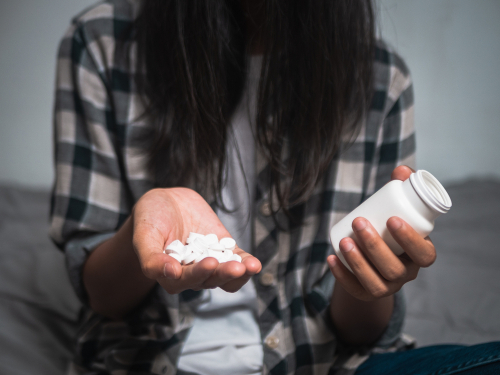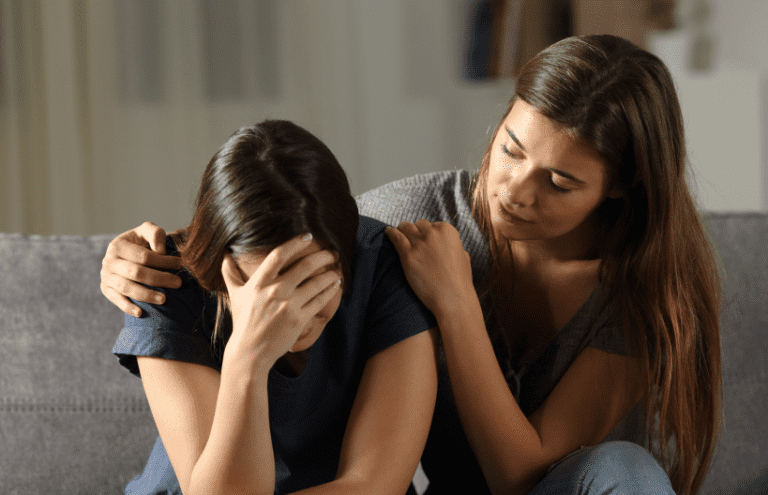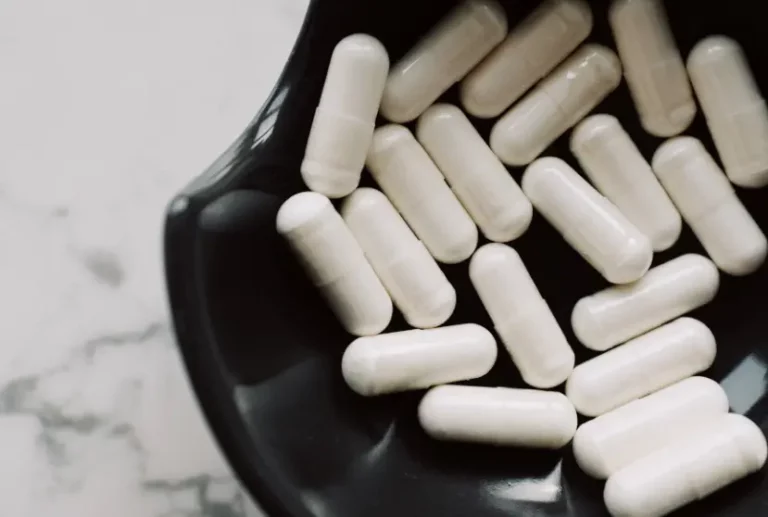Relapse prevention is an everyday challenge, especially with something like a heroin addiction. Despite the addictive nature of heroin itself, lifelong sobriety is possible. Fortunately, there are a number of proven and effective relapse prevention strategies individuals with a heroin addiction can utilize to avoid a heroin relapse.
Heroin and Heroin Addiction
Heroin is a powerful and addictive drug that is also a dangerous depressant. The main ingredient in heroin is opium, a substance found in poppy plants in certain areas in Asia and South America. Most often, heroin takes the form of a fine brownish, white-ish powder.
When ingested, heroin slows bodily functions and interactions, blocks pain signals between the brain and body, and creates feelings of calm and euphoria. These effects are a large part of what makes the drug so addictive.
Relapse and Relapse Prevention
The most effective way to treat an addiction to a drug like heroin is through specialized addiction treatment and therapy at a rehabilitation facility. The first step in this process is to detox, removing any remnants of heroin or any other drug from one’s body. Once this is done, a person is sober, but just because a person has become physically sober does not mean it will be easy to stay sober.
If a person returns to heroin use or another drug after becoming physically sober, they have relapsed. This is why effective drug treatment requires further treatment and therapy than just a detox. Doing so increases one’s likelihood of preventing a relapse and living a healthy, sober life.
How to Prevent a Heroin Relapse
Avoiding a heroin relapse is never easy, but it is possible if an individual utilizes the following relapse prevention strategies:
Utilize Addiction Counseling Services
One of the most effective methods of treating disorders like addiction is through addiction counseling. With the help of a specialized therapist or counselor, an individual with a heroin addiction can increase their self-reflection and make useful discoveries about themselves and their addiction, including what triggers their desire to use heroin. They can also develop effective coping skills and strategies.
Anticipate Triggers
After identifying triggers for heroin use, an individual in recovery can then begin to anticipate or even avoid their triggers. For example, an individual may determine that they need to avoid certain places or people if they trigger a desire to use heroin. However, avoidance is not always effective or even possible. One must also learn to anticipate their triggers and have coping strategies prepared to deal with them.
Create Coping Strategies
Coping strategies can take a variety of forms. The most effective strategies are usually dependent on the individual and their needs; however, one can learn from others. It is typically best to create and practice coping strategies while receiving treatment and therapy at a rehabilitation facility.
Build a Support System
Another effective relapse prevention strategy is for a person with a heroin addiction to build a support system. The best support systems typically consist of family, friends, others in recovery, and counselors or therapists. Leaning on these loved ones can help a person maintain their sobriety and receive support when they need it.
Utilize Aftercare Services
While relapse prevention strategies can be helpful, the most effective way to avoid a heroin relapse is through the use of aftercare services at a rehabilitation facility. Most rehabs will offer aftercare services in order to help individuals with addictions to maintain their sobriety long after their initial treatment. Aftercare services typically include meetings, classes, and various types of counseling. These services are a proven means for increasing one’s relapse prevention.
Local Relapse Prevention
Lasting sobriety can be difficult but is possible through professional addiction treatment and relapse prevention methods. If you or a loved one is seeking heroin addiction treatment or aftercare services, contact Knoxville Recovery Center today! Our team of experts provide several effective treatments and therapies to address addiction and prevent relapse.










